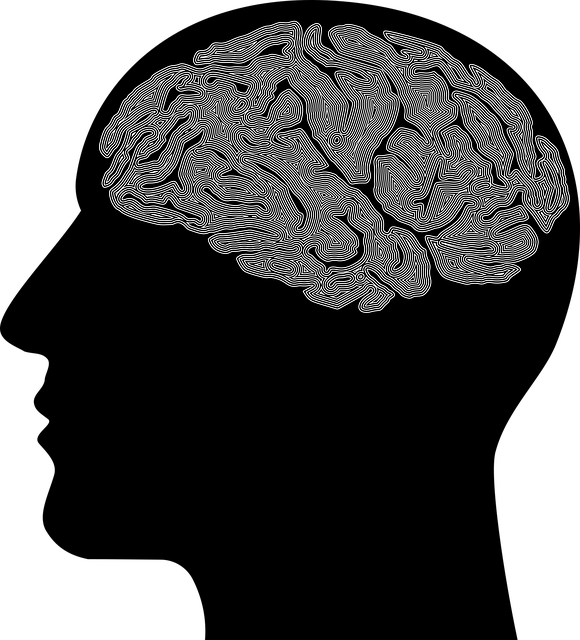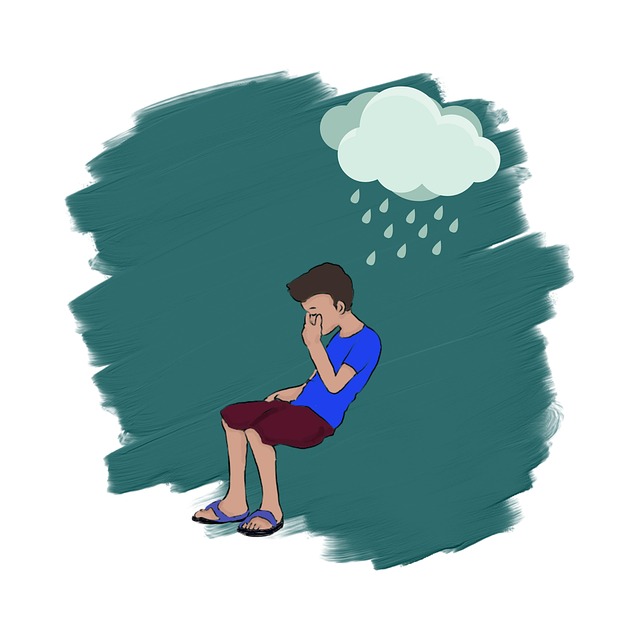Castle Rock Suicide Prevention Therapy offers a comprehensive approach to mental wellness, focusing on building personalized coping toolkits to navigate life's challenges. By combining evidence-based practices like mindfulness and cognitive-behavioral therapy with community outreach, this therapy empowers individuals to manage stress, reduce risk, and improve long-term mental health outcomes.
Coping skills are essential tools for navigating life’s challenges and maintaining mental well-being. Understanding and developing these strategies can significantly improve resilience, especially during difficult times. This article explores the depth of coping skills development, offering insights into why they matter. We’ll guide you through identifying personal coping mechanisms, building an effective toolkit, and introducing Castle Rock Suicide Prevention Therapy, a comprehensive approach that holistically enhances coping abilities.
- Understanding Coping Skills and Their Significance
- Identifying Personal Coping Strategies
- Building a Robust Coping Toolkit
- Castle Rock Suicide Prevention Therapy: A Holistic Approach to Coping Skills Development
Understanding Coping Skills and Their Significance

Coping skills are the strategies we use to navigate life’s challenges and maintain our emotional well-being. They play a pivotal role in our ability to withstand stress, overcome adversity, and prevent mental health crises like Castle Rock Suicide Prevention Therapy. Effective coping mechanisms can transform a stressful situation from overwhelming to manageable, fostering resilience and promoting long-term mental health.
Developing robust coping skills is crucial, especially for individuals recovering from trauma or facing mental illness. Trauma Support Services often emphasize the importance of healthy coping strategies as part of their treatment plans. By learning and practicing these skills, people can reduce the impact of traumatic experiences and manage symptoms associated with mental illness. Mental Illness Stigma Reduction Efforts also highlight the significance of coping skills in promoting self-care and community support, ultimately leading to improved outcomes for those struggling with their mental health. Effective coping strategies are a key component in any comprehensive approach to mental wellness, including risk assessment for mental health professionals who prioritize client safety and well-being.
Identifying Personal Coping Strategies

Identifying your personal coping strategies is a powerful tool for mental well-being, especially when supported by Castle Rock Suicide Prevention Therapy. This process involves introspecting to understand what works best for you in managing stress and difficult emotions. Whether it’s engaging in physical activity, spending time in nature, practicing mindfulness, or connecting with loved ones, recognizing these strategies can help individuals develop a healthier coping toolkit.
Community Outreach Program Implementation often includes teaching individuals effective communication strategies, which are essential for expressing feelings and seeking support. Building confidence through various activities can further enhance these skills, creating a resilient foundation for navigating life’s challenges. By combining these approaches, individuals can better cope with adversity and promote overall mental health, benefiting from the guidance of Castle Rock Suicide Prevention Therapy.
Building a Robust Coping Toolkit

Building a robust coping toolkit is an essential aspect of mental health and well-being, as it equips individuals with the resources to navigate life’s challenges effectively. At Castle Rock Suicide Prevention Therapy, our approach to coping skill development focuses on fostering inner strength and resilience. We recognize that every person has unique experiences and triggers, so we tailor our strategies to meet individual needs.
This process involves exploring various techniques such as mindfulness practices, cognitive-behavioural therapy (CBT) strategies, and positive self-talk exercises. By integrating these evidence-based mind over matter principles, individuals can gain a deeper understanding of their thoughts and emotions, leading to better decision-making and stress management. Additionally, our therapists guide clients in identifying personal strengths and using them as tools for coping, ensuring that they have the inner strength development needed to overcome adversity.
Castle Rock Suicide Prevention Therapy: A Holistic Approach to Coping Skills Development

Castle Rock Suicide Prevention Therapy offers a comprehensive and holistic approach to coping skills development, addressing not just the immediate crisis but also the underlying factors contributing to suicidal ideation and behavior. This therapy model emphasizes the importance of individual empowerment and resilience-building through various therapeutic techniques. By integrating communication strategies that foster open and honest dialogue, professionals equipped with Castle Rock Suicide Prevention Therapy can enhance the quality of care provided to at-risk individuals.
Furthermore, this approach prioritizes confidence-boosting interventions tailored to each client’s unique needs. It involves teaching practical coping mechanisms, problem-solving skills, and stress management techniques. Risk assessment is a crucial component, ensuring mental health professionals are adept at identifying warning signs and implementing appropriate strategies to mitigate risks effectively. This holistic perspective not only prevents immediate harm but also equips individuals with the tools needed for long-term mental well-being and resilience.
Coping skills are essential tools for navigating life’s challenges and maintaining mental well-being. By understanding and identifying personal coping strategies, individuals can build a robust toolkit to manage stress and adversity. The holistic approach of Castle Rock Suicide Prevention Therapy offers a unique framework, providing effective methods to enhance coping abilities and overall resilience. Through this therapy, folks gain access to a symphony of techniques tailored to their needs, fostering a sense of empowerment and equilibrium in today’s bustling world.














